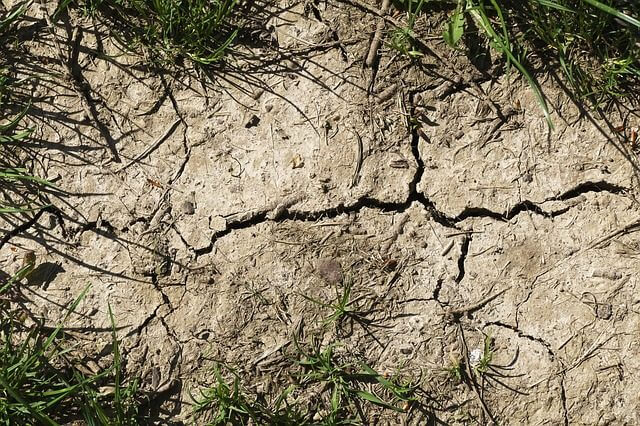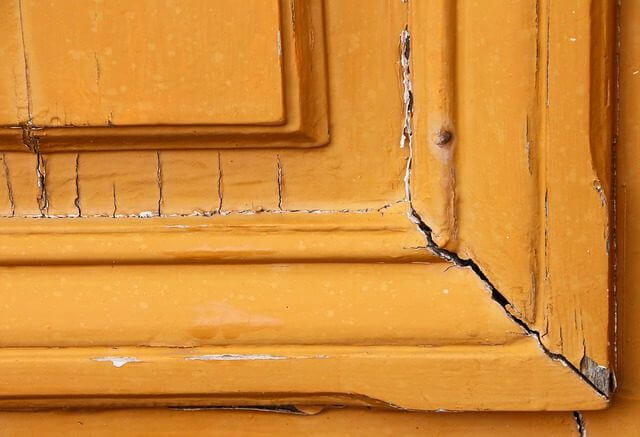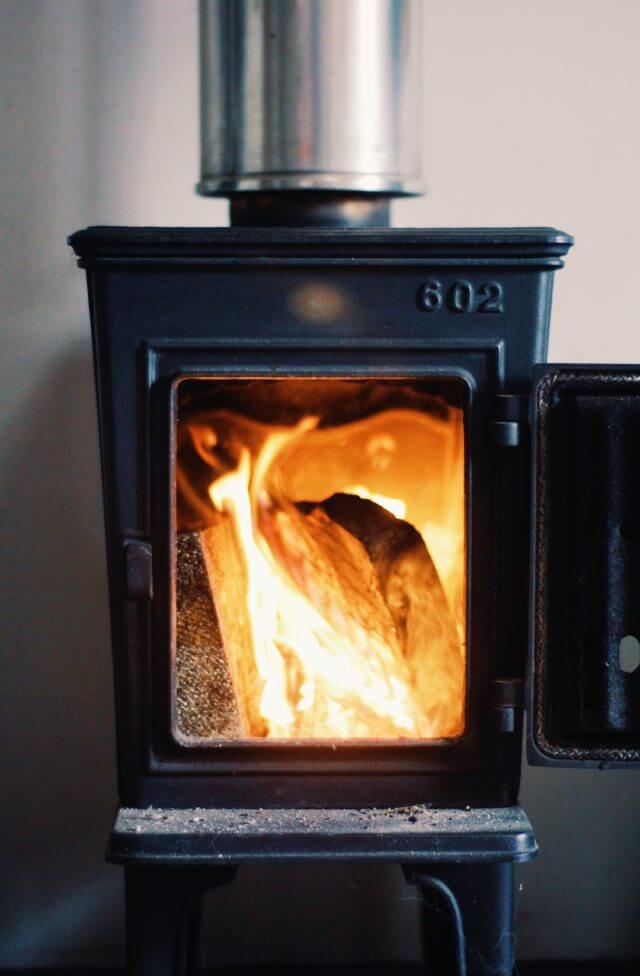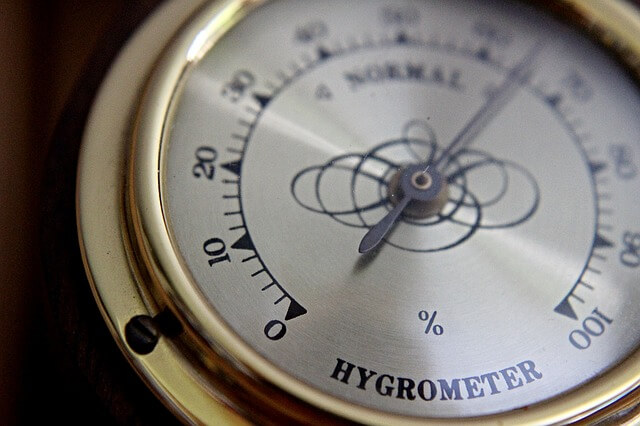Five Tell-Tale Signs You Should Get a Humidifier
Humidifiers are essential machines you never knew you needed for maintaining comfortable humidity levels in our homes. They help us sidestep dry sinuses and itchy skin in the cold winter months, but they can equally as useful in summer in arid, dry climates. How do you know if you need a humidifier? This article offers our streamlined and straightforward checklist of top signs a humidifier might be a beneficial addition to your living space. Let’s get started:
1. You have been experiencing cold-like symptoms

We’ve probably all been there: a few successive sneezes lead to an itchy and sore throat, and soon we are convinced that we are coming down with a seasonal cold. Colds run rampant from November to March, but if you are experiencing these symptoms out of season, or perhaps if your symptoms are persisting for extended periods of time, then it could be a sign that your home has low humidity.
Your exposure to dry air constantly dries out your mucus membranes protecting your respiratory tract. Without this moisture, your membranes can begin to falter as your first line of defense against viruses and microbes. Not to fret: a humidifier can help reduce this risk of infiltration and can be beneficial for those suffering from asthma and other respiratory diseases aggravated by dry air. Indeed, the Aerias Indoor Quality Resource Center explained that humidifiers help eliminate viruses and bacteria found on circulating dry air. So, while a humidifier cannot guarantee disease prevention, evidence suggests that it can help mitigate the risk while also letting you breathe cleaner air and hydrate your body for better performance
2. Your skin is the definition of dehydration

Nobody likes dry skin: the itchy sensation, the red and irritated patches, the ongoing search for relief. Add in the dandruff of a dry, itchy scalp or the flaking skin of chapped lips, and you can see why dryness doesn’t do your body good. This dryness occurs because there is no adequate moisture in your home’s air. Dry air depletes the moisture in your home and accordingly sucks moisture off of your epidermis. This lets you feel even more scaly and, if you suffer from skin asthma, eczema, psoriasis or acne, dry air can also compromise your skin health.
These symptoms can be alleviated simply with the installation of a home humidifier. Humidifiers combat dry air with moisture, meaning your skin can stay supple. You might even look a little younger, as a good amount of moisture rehydrates your skin and thus avoiding the appearance of fine lines and wrinkles.
3. Your wood floors and furniture begin to crack

There are few things as disheartening as when you spy a substantial crack forming in your favorite piece of wooden furniture. Is it the age of the wood, or the species, you might ask? No; splits that appear in your furniture and creaking sounds whenever you step on the floor are indications that you need more moisture. The tendency for those of us who live in colder winter climates is to shut our windows and doors tight and to turn up our furnaces, a combination that could prove lethal to that favorite wooden furnishing as it saps the interior air of its moisture. This deficiency will cause small creaks on your flooring and cause your wooden furniture to warp or to begin to show visible cracks.
A humidifier can be an excellent protector of your wooden floors, upholsteries, and furniture by adding the essential moisture into the atmosphere to prevent cracking, creaking, and warping. In addition, humidifiers can help slow the peeling of wallpaper and linoleum because the moisture it emits keep the material well-adhered to the underneath surface.
4. You frequently use your furnace

Science tells us that when air loses moisture, it also loses the ability to maintain heat. When we turn on the furnace in the winter months to combat the cold air outside, we are actually exacerbating the problem as that forced dry hot air is sucking the little remaining moisture out of the atmosphere.
Poor air circulation and unsubstantial air humidity can cause dramatic temperature fluctuations. This is when your need for a humidifier comes in: by installing a humidifier, you can counter the drying effect of the frequently-used furnace and actually keep your home more evenly heated in the process
5. Your hygrometer plummets to zero

An ideal companion for a humidifier or for any home that wishes to monitor the moisture levels in their home is the hygrometer, a device used to measure your home’s humidity. These useful contraptions can be purchased at the local hardware store and give you reliable readings of the percentage of moisture in the air.
If you have one of these tools and its percentage is nearing zero, this is a clear indication that your home has entered the low humidity danger zone. Humidifiers can help keep hygrometer readings between 40% and 50%, the rate deemed ideal for
comfortable living. During winter season, you must set it lower than 40% to avoid condensation forming on the windowsills and paints. If the outdoor temperature hits lower than -20 degrees Fahrenheit, then it is advisable to set it at 15%. Very high humidity can cause your house to “sweat” or feel muggy, leaving you feeling uncomfortable and putting your house at risk for the growth of molds and mildew. The hygrometer can help you avoid these extremes and keep your home feeling perfectly humidified.
Time to be honest: if you’ve noted any of the issues above in your home, we recommend the use of a humidifier. These five problems are significant, and adding a humidifier into the equation often proves to be a simple fix. Moreover, humidifiers help you proactively avoid hefty costs of medical bills and physician visits attending to your respiratory and dermatological concerns. Your furniture and floors will stay in great shape and your walls will stay clean as you can skip worrying about discolorations brought by mold and mildew. Getting a humidifier is great to add comfort to your house.




